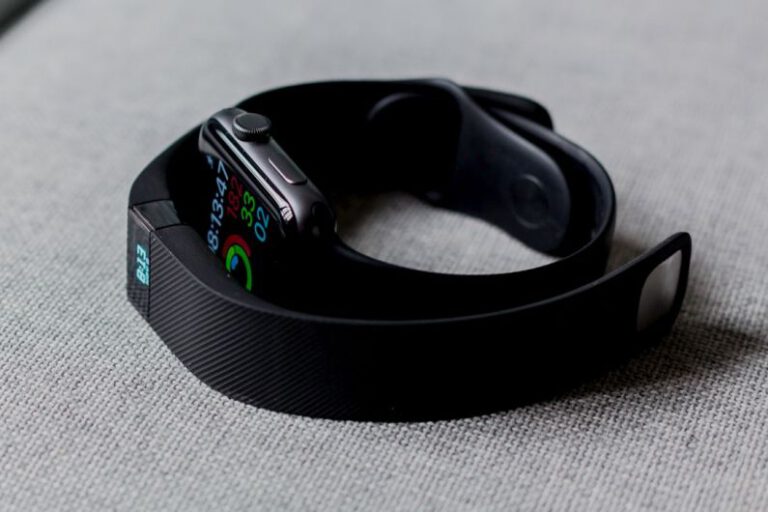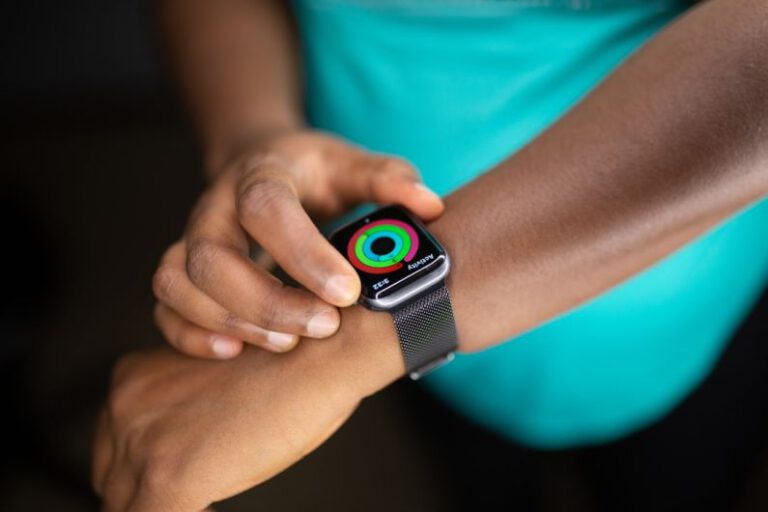Elderly Care in the Age of Smart Technology
As the population ages, the demand for quality elderly care continues to grow. With advancements in technology, the landscape of elderly care is rapidly evolving. Smart technology, in particular, has become an integral part of providing better care and improving the quality of life for seniors. From remote monitoring to assistive devices, the integration of smart technology in elderly care is shaping a new era of support and assistance for the elderly population.
Enhancing Safety and Security
One of the key benefits of smart technology in elderly care is the enhancement of safety and security for seniors. Smart home devices such as motion sensors, video cameras, and smart locks can help monitor the well-being of seniors and alert caregivers in case of emergencies. These devices can detect falls, unusual activity, or changes in routine, providing peace of mind for both seniors and their families. Additionally, wearable devices like smartwatches can track vital signs and send alerts in case of health emergencies, enabling quick responses and potentially saving lives.
Promoting Independence and Autonomy
Smart technology also plays a crucial role in promoting independence and autonomy among seniors. Assistive devices like smart pill dispensers, automated medication reminders, and smart home systems can help seniors manage their daily tasks more efficiently. These technologies empower seniors to live independently for longer periods, reducing the need for constant supervision and support. Virtual assistants like Amazon’s Alexa or Google Home can also provide companionship and assistance with everyday tasks, offering a sense of autonomy and control to seniors.
Improving Communication and Social Connections
Loneliness and social isolation are common challenges faced by many seniors, especially those living alone or in care facilities. Smart technology offers innovative solutions to improve communication and social connections for the elderly. Video calling platforms, social media apps, and online communities enable seniors to stay connected with family members, friends, and caregivers, fostering meaningful relationships and reducing feelings of isolation. Virtual reality technology can also provide immersive experiences and cognitive stimulation, enhancing the mental well-being of seniors and promoting social engagement.
Facilitating Remote Monitoring and Telehealth Services
In the age of smart technology, remote monitoring and telehealth services have revolutionized the way healthcare is delivered to seniors. Remote monitoring devices can track vital signs, medication adherence, and daily activities, allowing healthcare providers to monitor seniors’ health status from a distance. Telehealth services enable seniors to consult with healthcare professionals virtually, receive medical advice, and access healthcare services without leaving their homes. These technological advancements not only improve access to healthcare for seniors but also enhance the efficiency and effectiveness of care delivery.
Challenges and Considerations
While smart technology offers numerous benefits in elderly care, there are also challenges and considerations that need to be addressed. Privacy and data security concerns are paramount when implementing smart devices in elderly care, as sensitive personal information and health data may be at risk of breaches or misuse. Moreover, the digital divide among seniors, particularly those with limited technological literacy or access to devices, poses barriers to the adoption and use of smart technology in elderly care. It is essential to address these challenges through robust data protection measures, user-friendly interfaces, and tailored training programs to ensure the safe and effective use of smart technology in elderly care.
The Future of Elderly Care with Smart Technology
Looking ahead, the future of elderly care with smart technology holds immense potential for innovation and advancement. Artificial intelligence, machine learning, and predictive analytics are poised to transform elderly care by offering personalized, proactive, and predictive solutions for seniors’ health and well-being. Robotics and automation technologies can assist with daily tasks, mobility support, and companionship for seniors, enhancing their quality of life and independence. As smart technology continues to evolve and integrate into elderly care practices, the possibilities for improving the lives of seniors are endless. Embracing these technological advancements with a human-centered approach will pave the way for a more compassionate, efficient, and sustainable elderly care system in the years to come.






